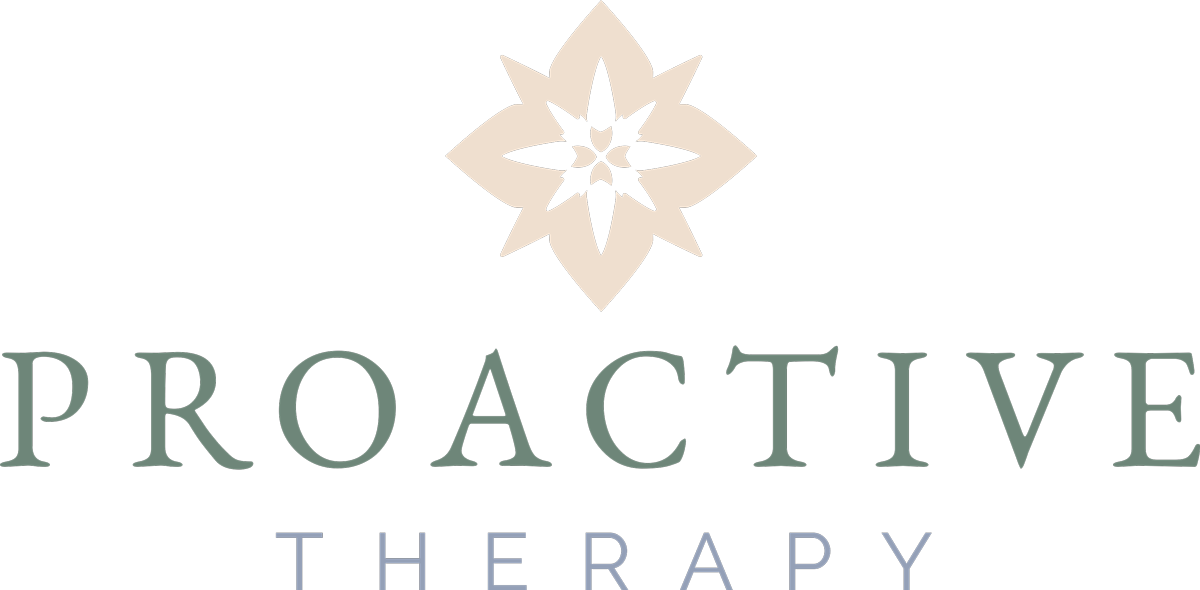What is EMDR? And other FAQs
By Matt Baer, LSW
Eye Movement Desensitization and Reprocessing (EMDR) therapy has gained attention for its unique approach to healing trauma and psychological distress. If you're curious about how EMDR can help you or someone you know, here are answers to some of our most frequently asked questions about EMDR.
How Does EMDR Facilitate Healing?
EMDR's effectiveness lies in its ability to unearth and process past experiences that continue to influence your current emotional state. By actively processing these memories, EMDR helps dismantle the emotional blocks that hinder your ability to experience life fully and positively.
What Happens in an EMDR Session?
The first couple of sessions are focused on understanding your symptoms and struggles and your goals for treatment. After the initial treatment planning sessions, an EMDR session will begin with your therapist asking questions to help access the negative experience and identify the desired resolution. Next, a form of bilateral stimulation (eye movements, tapping, etc) will be applied, and you will be encouraged to “free associate” and allow your mind to work through the experience. Your therapist will guide you through this free association with intermittent check-ins to briefly report on the experience. EMDR processing continues until your point of view of the past experience has changed to better match your initial treatment goal. This may take multiple sessions depending on the complexity of the issue.
Is Full Disclosure Necessary for EMDR to Work?
No, full disclosure of every detail of your experiences isn't mandatory for EMDR to be effective. The process focuses on your ability to internally access these memories. The therapist's role is to facilitate your processing without needing to know every detail, ensuring a safe and controlled environment for healing.
Can EMDR Evoke Emotional Responses?
Yes, it's possible to experience a range of emotions during EMDR therapy. These emotional responses, sometimes unexpected, are a natural part of the healing process. Your therapist will work closely with you to prepare for and manage these emotions safely, ensuring a supportive space for healing.
Is EMDR Only for Severe PTSD?
EMDR is not limited to treating severe PTSD; it's a versatile therapy effective for a variety of issues. From grief and anxiety to phobias, addiction, dissociation, and even chronic pain, EMDR has shown significant success across a broad spectrum of psychological challenges.
EMDR therapy represents a powerful tool in the journey towards mental health recovery, offering a path to healing that is both innovative and grounded in evidence-based practice. Whether you're dealing with the aftermath of trauma or struggling with other psychological difficulties, EMDR provides a hopeful avenue for profound change and healing.
How Do I Get Started?
If you’d like to see an EMDR therapist at Proactive Therapy, you can reach out via our contact form to get started. From there, our practice manager will reply by Email to help you get set up for your initial intake appointment with an EMDR therapist on our team. EMDR can be done both in office and virtually via telehealth. EMDR is covered at the same rates as usual by your insurance plan. As a reminder, we are in network with Aetna, Blue Choice and BCBS PPO plans.
